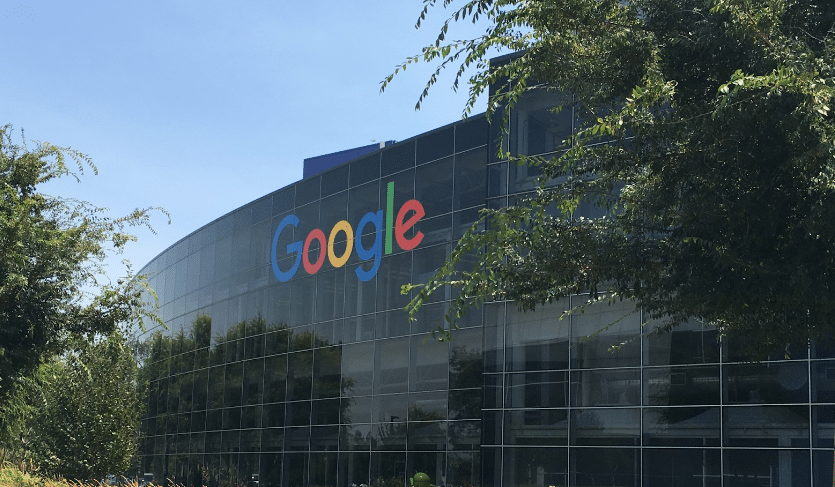
Google is the monopolist in technology markets—be it Search, Advertising, or something else. However, lately, Google has been fighting court cases over its alleged violations of the fundamental antitrust laws. These cases have wide implications not only for Google itself but also for the entire tech industry.
This blog explains what exactly antitrust laws are, why Google has been squeezing through the bars of the radar, and what can come next.
What Is an Antitrust Law?
The antitrust laws exist both to keep the marketplace in a free and competitive state and to ensure that no company becomes big and so powerful that its actions become detrimental to the consumers and other business operators.
For example, antitrust laws prevent companies from getting together to form price-setting agreements or any other forms of collusion that may exclude a particular competitor from the marketplace.
The current concept of antitrust laws dates back to over a century when the Sherman Antitrust Act was passed in 1890. These acts were in a manner that was designed to break up large monopolies and make sure no single company controlled a market. In today’s world, with tech companies growing rapidly, these laws become more important than ever.
Google’s Growth and Control of the Market Size
Google started off with being simply a search engine back in 1998, but in a very short span of time, Google has emerged as one of the biggest technological companies now. It currently holds over 90% of the world market share of search engines and a large share of digital advertising market.
From smartphones to Web browsers, Google’s presence is wide-reaching, which makes the company a center point in the technological industry.
Challenges to Google’s Dominance
With influence came concerns about the power of Google. Critics said it was hard for other companies to compete with some of the business practices of Google. For instance, the claim against Google is that it prioritizes its products over competitors in the search results.
This has raised calls for strict regulation to ensure a level playing field. A nagging question in everyone’s mind is, Is Google a monopoly?

Antitrust Allegations Against Google
What’s mainly at stake in the antitrust cases against Google is whether it has used its power unfairly to choke off competition. The Justice Department and numerous states allege that Google engaged in methods that purportedly disadvantaged competitors and consumers regularly.
One of the major allegations is that Google has been into deals with device manufacturers and web browsers to be its default search engine. Through this, other search engines find it hard to compete since users will end up sticking to the settings provided at purchase time.
More generally, the Department of Justice alleged that, in digital advertising, it wields market power to benefit its offerings. The DOJ finds that the company’s ad technology power enhances Google in ways that potentially make it impossible to compete with, introducing costs that could be passed on to people.
These practices could have dire consequences: for competitors, Google’s actions make it nearly impossible to take a piece of the market. For consumers, this could mean fewer choices at higher prices, since there’s less competition to fuel innovation and bring about lower costs.
The Legal Battle: What’s Happening in Court
Recently, Google lost a major antitrust case filed by the U.S. Department of Justice, with U.S. District Judge Amit Mehta ruling that Google had unlawfully stifled competition to maintain its monopoly in search engines.
The case highlighted Google’s agreements with companies like Apple to make its search engine the default, effectively blocking competitors like Bing and DuckDuckGo. Researchers found that this monopolistic behavior significantly impacted search advertising costs for businesses, potentially increasing them.
The ruling could lead to substantial changes in how Google operates, though the company plans to appeal. The next phase of the trial will address remedies, which could include breaking up parts of Google, removing exclusive contracts, or other measures to foster a more competitive marketplace. This case is pivotal for the tech industry and may reshape the governance of big tech firms, influencing the digital landscape for years to come.
Is This the Tech Industry’s Turn Now?
If the antitrust case against Google comes out to be positive, the possible outcome of the case is that there will be more competition within the tech market. Many people believe that small companies can access more opportunities to introduce various options to the market, which in turn provide better services to consumers.
For consumers, the case may mean more choices and lower prices. If it was more competitive, probably users would have received better products and services since the firms would compete for their interests. On the other hand, if the dominance of Google remained unchanged, the consumer might just endure limited options.
A long-term ruling against Google could lead to more stringent regulations on all tech companies. This outcome could mean that there would be greater oversight and accountability established so that no one company becomes too powerful in the future.

Keep Updated…
It’s a defining moment in the tech industry, this antitrust case against Google. The results shall be the determinant not only of how tech companies do business but also of how they compete with one another.
On whether the industry will change because of this case leading to more competition with better options for consumers or if Google is going to keep on ruling, it is important to be well informed as the case unfolds because whatever decisions shall be made could preside over the future of technology, the Internet, and the world.


